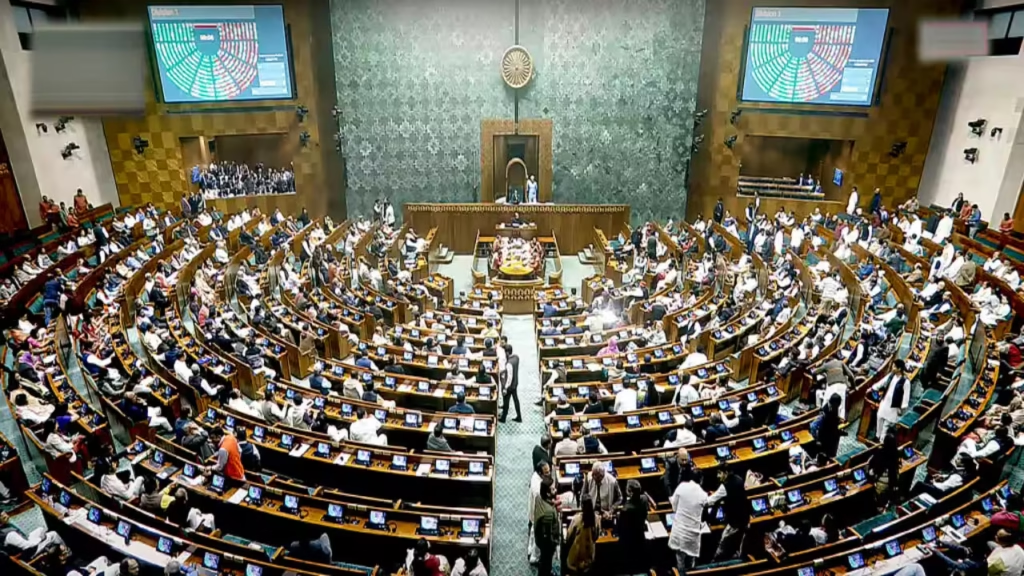Key Changes in the Waqf (Amendment) Bill, 2024: Implications for Property Management and Religious Institutions


The Waqf (Amendment) Bill, 2024, was introduced in the Indian Lok Sabha on August 8, 2024, proposing significant changes to the Waqf Act of 1995. The primary objective of the bill is to improve the administration and management of waqf properties—assets donated for religious, educational, or charitable purposes under Muslim law.
Renaming the Act: The bill suggests renaming the Waqf Act, 1995, to the Unified Waqf Management, Empowerment, Efficiency, and Development Act, 1995 (UWMEEDA).
Composition of Waqf Boards:
Inclusion of Non-Muslim Members: The bill proposes the inclusion of non-Muslim individuals in the Central Waqf Council and state waqf boards to ensure broader representation.
Representation of Muslim Women: It also aims to include Muslim women in these boards, promoting gender diversity.
Role of District Collectors: The bill proposes that the authority to decide if a property is waqf be given to the District Collector or a designated officer, replacing the previous system where waqf boards had this authority.
Appeals Process: Decisions made by waqf boards or tribunals will now be subject to judicial review in high courts within 90 days, allowing for an appeals process.
Removal of Controversial Provision: The bill seeks to abolish Section 40 of the original Act, which permitted waqf boards to declare land as waqf property. Critics argued this provision was often misused, leading to unauthorized land conversions.
Government Properties and Waqf Status:
Clarification on Government Lands: The bill clarifies that government properties designated as waqf will no longer retain that status, aiming to resolve ongoing disputes regarding property classifications.
Opposition Concerns: Opposition parties, including Congress, have expressed strong objections to the bill. They argue that the changes could undermine the rights of the Muslim community and interfere with religious freedoms. Congress MP Gaurav Gogoi criticized the bill, claiming it seeks to “dilute, defame, divide, and disenfranchise” Muslims.
Government’s Defense: Union Minority Affairs Minister Kiren Rijiju, who introduced the bill, defended it as an initiative to address corruption and mismanagement within the waqf system. He emphasized that the bill aims to bring greater transparency and efficiency, rather than dispossessing the Muslim community of their properties.
The bill was presented in the Lok Sabha on April 2, 2025, following an extended debate. There was significant discussion regarding the potential implications of the bill, with the opposition calling for a comprehensive review and the government advocating for its swift passage. This led to a tense parliamentary session.
As of April 2, 2025, the Waqf (Amendment) Bill is still under active discussion in Parliament. The final decision on the bill will shape the future framework for managing waqf properties in India. Given its potential impact on religious institutions and minority rights, the progress of the bill is being closely monitored.